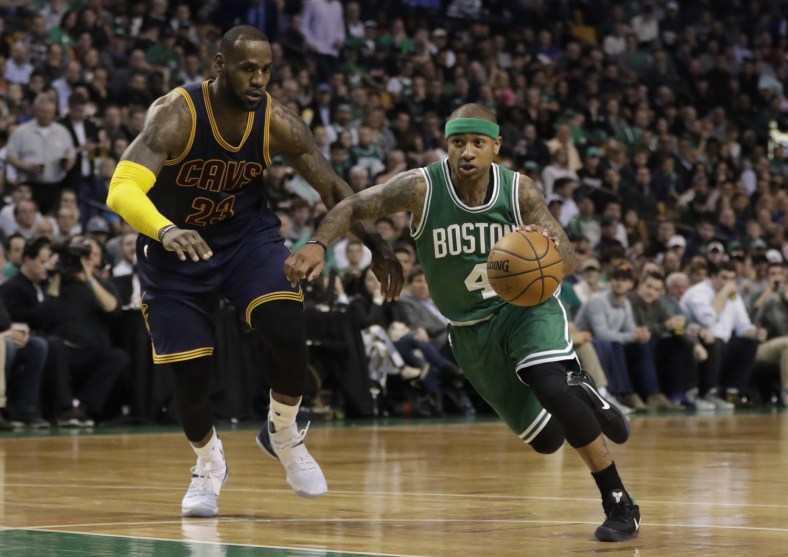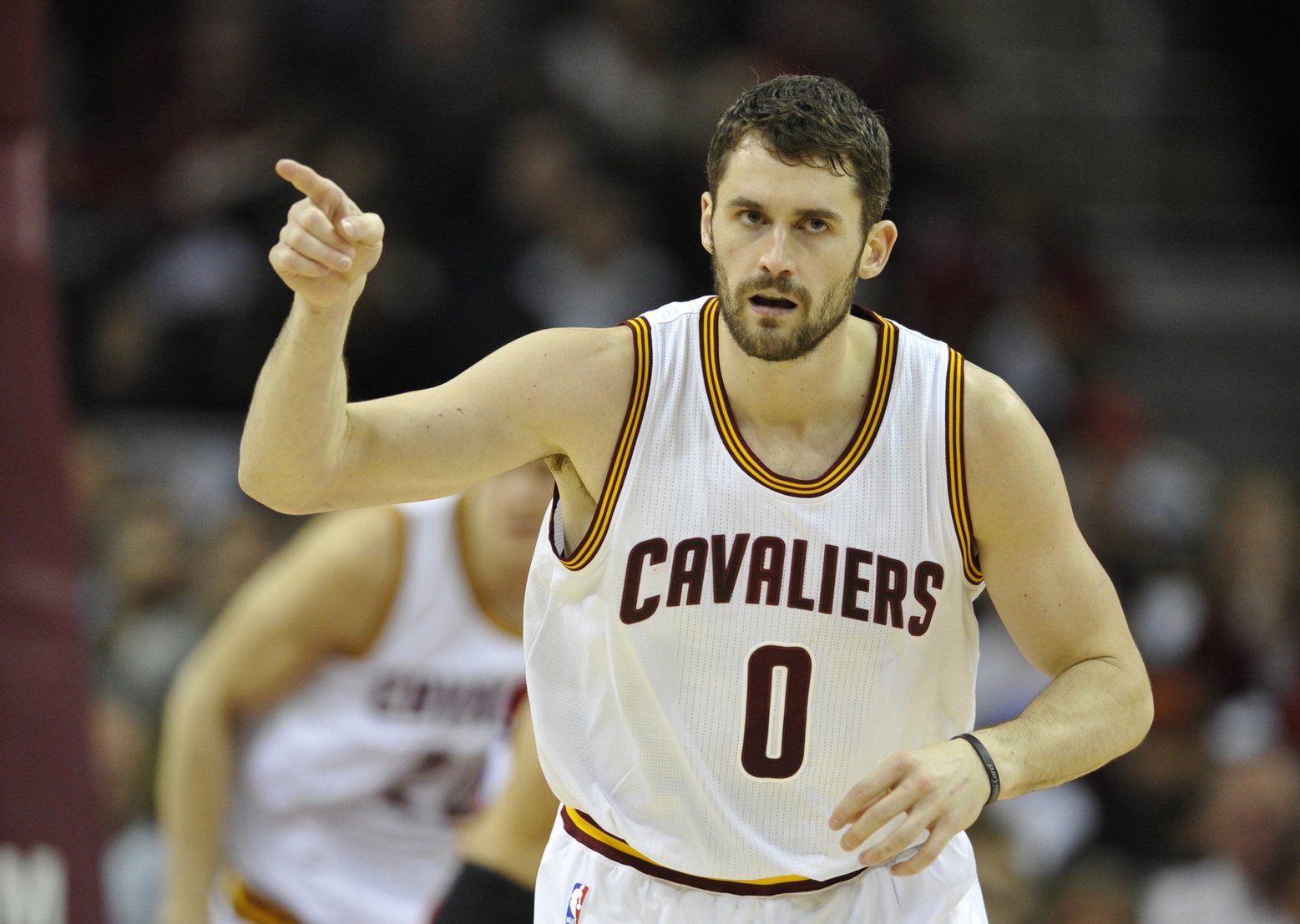
2. How big is Cleveland’s rebounding advantage?

Boston’s rebounding troubles have been well-documented this postseason, but Cleveland isn’t a team perfectly equipped to take advantage. The Cavaliers finished a paltry 19th in rebound percentage during the regular season, though they’ve seen an uptick during the playoffs.
Tristan Thompson and Kevin Love can bang down low, but the Cavs simply haven’t prioritized offensive rebounding over transition defense. That could change this series.
Al Horford pulled down less than a third of contested rebounds during the regular season, per NBA.com and will play center for long stretches. Amir Johnson is better but can’t do anything on offense. He’s played only 11 minutes per game this postseason, and it’s doubtful Celtics’ head coach Brad Stevens will give him a longer leash. Even if the Cavs don’t crash the offensive boards, Tristan Thompson will have a meaningful advantage for most of the game.
The Celtics could gang rebound, but that would mean ceding transition and early offense — the two easiest sources of points against any defense.
On the defensive end, Cleveland’s rebounding advantage could make a big difference. The Cavs had 115 transition possessions and scored 1.26 per over the first two rounds. Love is a deadly outlet passer and James a freight-train who can do more than simply get to the rim in transition — he’ll happily pass off to open 3-point shooters as the defense crashes around him.
The more defensive rebounds Cleveland gets, the more transition opportunities it will have. And given Boston’s already poor chances on the glass, they might cede offensive rebounding and simply focus on getting back.